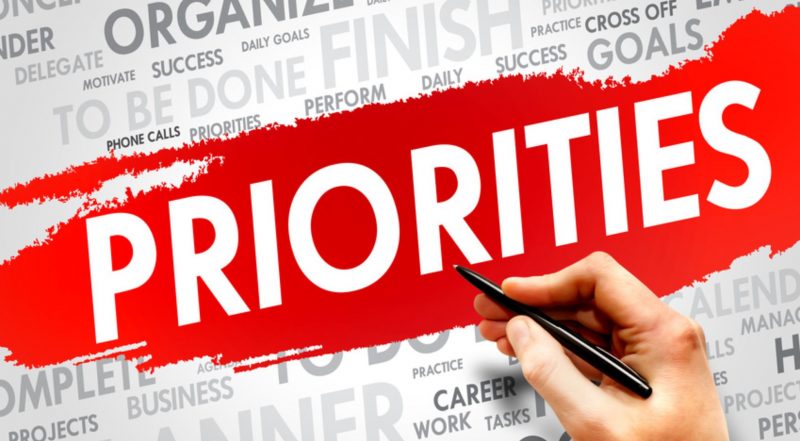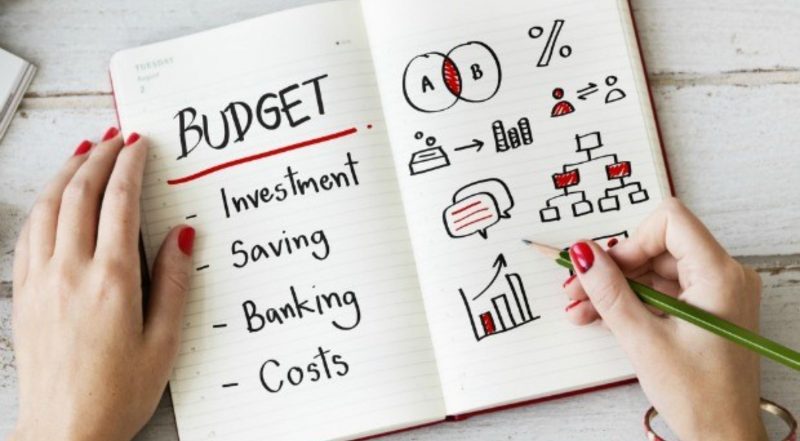
Having Trouble Improving Your Budget? Follow These Easy Steps To Avoid Overspending And Sticking To Your Budget
A person should always keep track of how much they spend and track of their earnings. Proper planning reminds us of our financial constraints, assisting us in avoiding hardship in the later half of our life.
You need to budget your money for a purpose. In order to set short- and long-term objectives, allocate cash to where they are most needed, and keep track of your costs, budgeting is a crucial component of financial management.
Budgeting may assist you in keeping track of your costs, saving for emergencies and retirement, and identifying areas where you can save money. It also ensures regular savings while supporting the fulfillment of future financial objectives.
Steps to improve your monthly financial budget
Keep track of your earnings

Your income should never exceed expenditure, but to determine your take-home pay after deducting insurance premiums, required savings, and taxes, you must first be able to estimate your total income. Before you create your budget, you should have a track of your monthly income and whether you have access to secondary income that you can supplement with. The person should examine their investments to see if they are earning a consistent interest income.
Define your savings goals

Have you ever kept track of how much money you save each month, or do you just save after spending some of your earnings? Many individuals make this big mistake of saving money after they are done with determining their costs and expenses. In the long run, this affects both savings and spending behaviors. To achieve easy savings, you must also track your spending, allowing you to find areas where you may reduce your inclination to spend. Saving and spending are two critical parts of financial management that must be carried out carefully.
Understand your priorities

Do you have financial objectives in mind? You must have financial goals such as saving for a home, paying off debt, setting aside a lump sum for your child’s higher education or marriage, and investing enough for retirement by regularly contributing to retirement funds. These goals must be transparent, measurable, and restricted in time, while also being practical and attainable in light of the individual’s existing financial condition. Choose between requirements and wants while spending.
Prepare a budget

Begin by making a budget to determine your household spending. Determine which costs are absolutely required and must be paid for, whether they are household expenses or debts that must be returned or prepaid in order to avoid the burden of rising loan interest rates. Budgeting your household savings and spending is the first step in working on your money now so that it can work for you tomorrow.
Reduce your dependency on credit cards

Have you ever witnessed someone spend foolishly on their credit cards? This is because they are unaware that they are acquiring on credit and must repay the amount later, although with some interest. Many individuals rely on credit cards or use “Buy Now, Pay Later” schemes in order to obtain quick satisfaction. Rather, paying with UPI, debit cards, or cash provides less reliance on credit and a better awareness of how much is spent.
Maintain your budget

You must stick to your budget no matter how rapidly your spending appears to pile up. Although it could seem disappointing at first, you will be able to track your finances easily if you are aware of how much cash you need to save and how much you are ready to spend in the future. Maintain a healthy balance between savings and consumption, and stick to your budget.
Creating and sticking to a monthly budget requires time and effort. It will, however, provide you with much-needed relief from watching your money dwindle.



